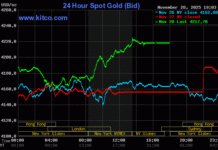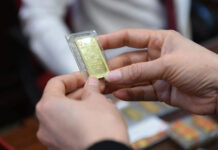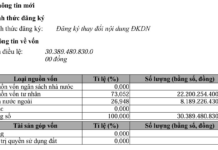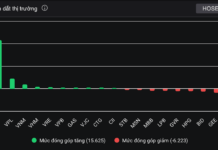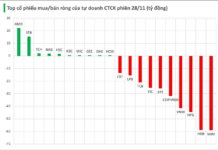On August 2, in Ho Chi Minh City, the Vietnam National SPS Enquiry Point and Notification Authority, in collaboration with the Vietnam Agricultural Newspaper and the Ho Chi Minh City Food Safety Authority, organized a conference to disseminate SPS regulations under the EU-Vietnam Free Trade Agreement (EVFTA) and the Regional Comprehensive Economic Partnership (RCEP).
Regarding the warnings about food and agricultural product exports to the European market, Dr. Ngo Xuan Nam, Deputy Director of the Vietnam SPS Office, reported that in the first six months of 2024, Vietnam received 57 out of 2,708 warnings, accounting for 2.1%. This is still a low rate compared to many other countries, which can have warning rates as high as 6%.
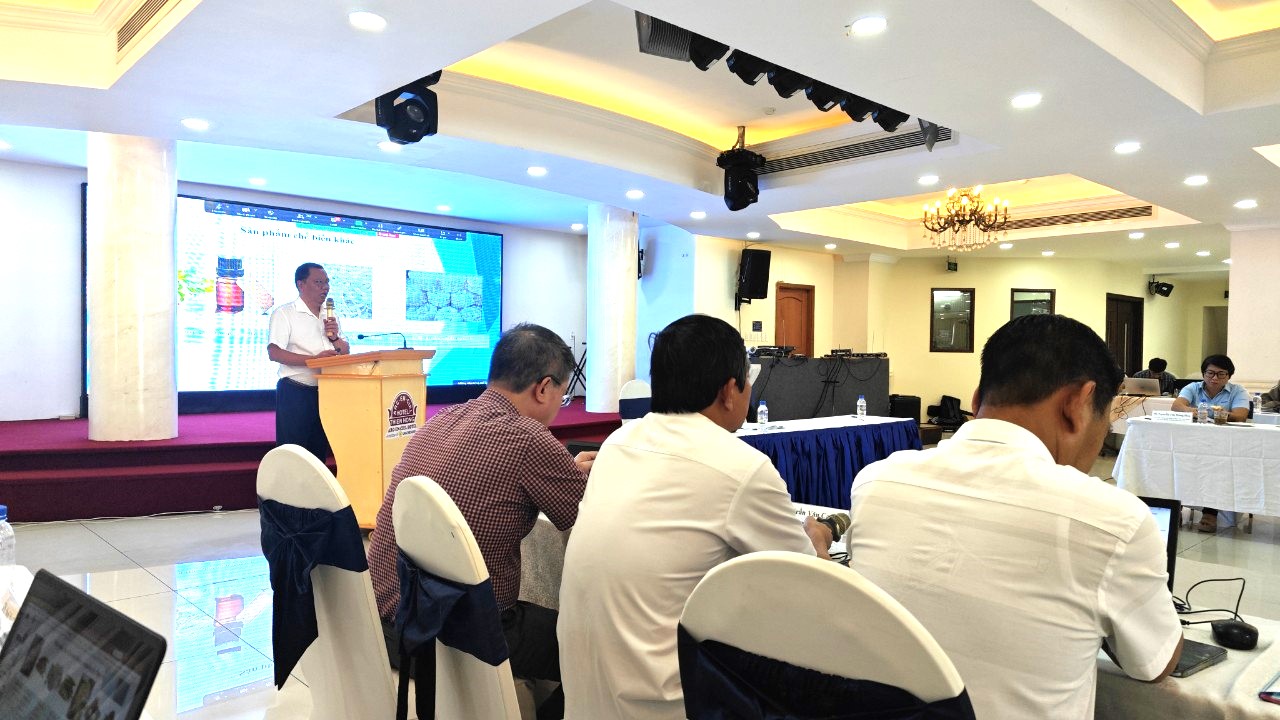
Dr. Ngo Xuan Nam presenting at the conference
The products that were warned against include those of plant origin such as dragon fruit, chili, cinnamon, okra, jackfruit, and spices; aquatic products such as fish, squid, shrimp, frog, and clams; and processed products such as cinnamon essential oil, coconut jam, and rice noodles.
The weight of the warned batches ranged from 20 kg to 24 tons, with most being under 1 ton. Dragon fruit, in particular, had 7 batches ranging from 444 kg to 1.8 tons, and chili had nearly 10 batches ranging from 38 kg to 6.37 tons. Europe has also increased the frequency of inspections for these two commodities.
“These violations, though small in number compared to the total volume of Vietnam’s agricultural and food exports, have a significant impact. Failing to control even one small batch can affect the entire industry,” said Mr. Nam.
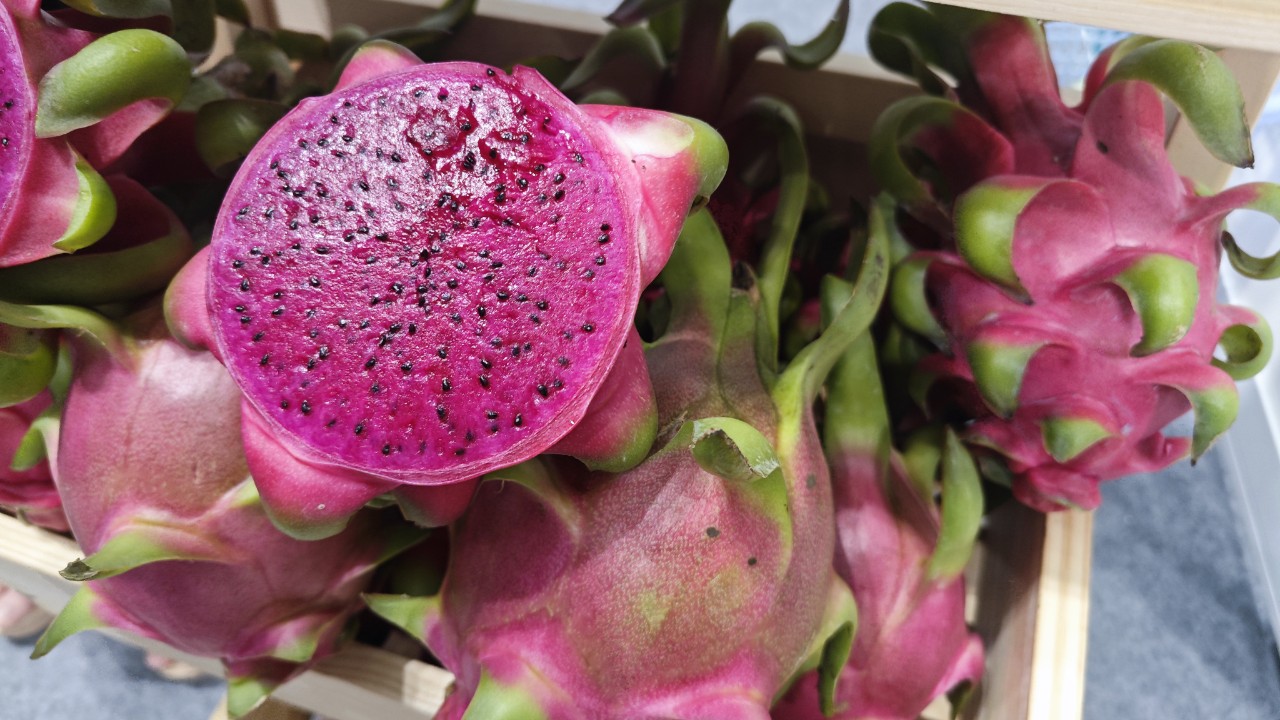
Dragon fruit exports to Europe are subject to a 30% border inspection rate, up from 20%
In terms of the distribution of warnings by locality, Ho Chi Minh City led with 23 warnings (40%), followed by Khanh Hoa and Tien Giang with 4-6 warnings each, and other provinces with only one warning each.
“Through traceability, it was found that while the raw materials may come from other localities, the responsible enterprises are based in Ho Chi Minh City,” explained Mr. Nam.
Ms. Hoang Thi Lien, Chairwoman of the Vietnam Pepper and Spice Association, shared that enterprises in the industry have recently received warnings related to microbiological, heavy metal, and chemical indicators, among others.
“When there is a warning, the authorities trace the source, and the enterprises hope to be approached in a supportive manner and guided on how to remedy the situation, rather than being viewed as violators,” said the Chairwoman of the Vietnam Pepper and Spice Association.






